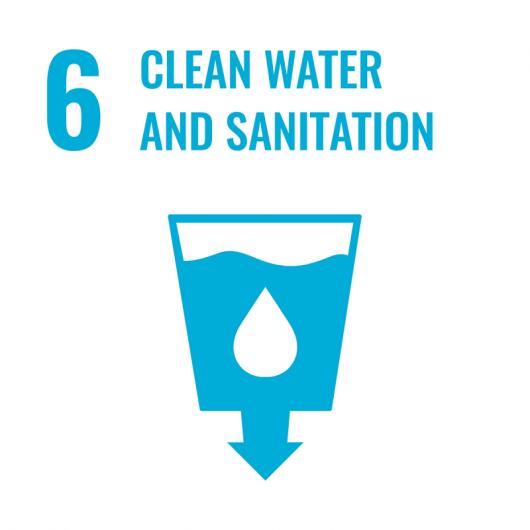New open access publication on the role of human development in capacity of water quality monitoring

An old adage that you "can't manage what you don't measure" is especially apt in addressing global degradation of water quality. A recent publication on capacity challenges in water quality monitoring: understanding the role of human development highlights the importance of capacity development to support water quality monitoring for achieving Sustainable Development Goal 6. The work investigated the link between the international Human Development Index with water quality assessment across the monitoring process, from defining the enabling environment, choosing variables for the collection of field data, and their analysis.
The paper, led by Sabrina Kirschke from United Nations University in Dresden, came about through a collaborative effort of partners, including IHE Delft, who share an interest in developing global capacity for effective water quality monitoring. The implementation of the SDGs is an essential step towards working together for a sustainable planet.
However, this is only possible if there is sufficient capacity within countries to measure and report on key indicators. The paper illustrates the importance of developing human and institutional capacity to meet the targets of the SDGs. It highlights the continued relevance of IHE Delft and its network of international partners to a achieve a sustainable water future.
The publication 'Capacity challenges in water quality monitoring: understanding the role of human development' is available as an open access publication of the journal Environmental Monitoring and Assessment. It can be accessed through the following link.
